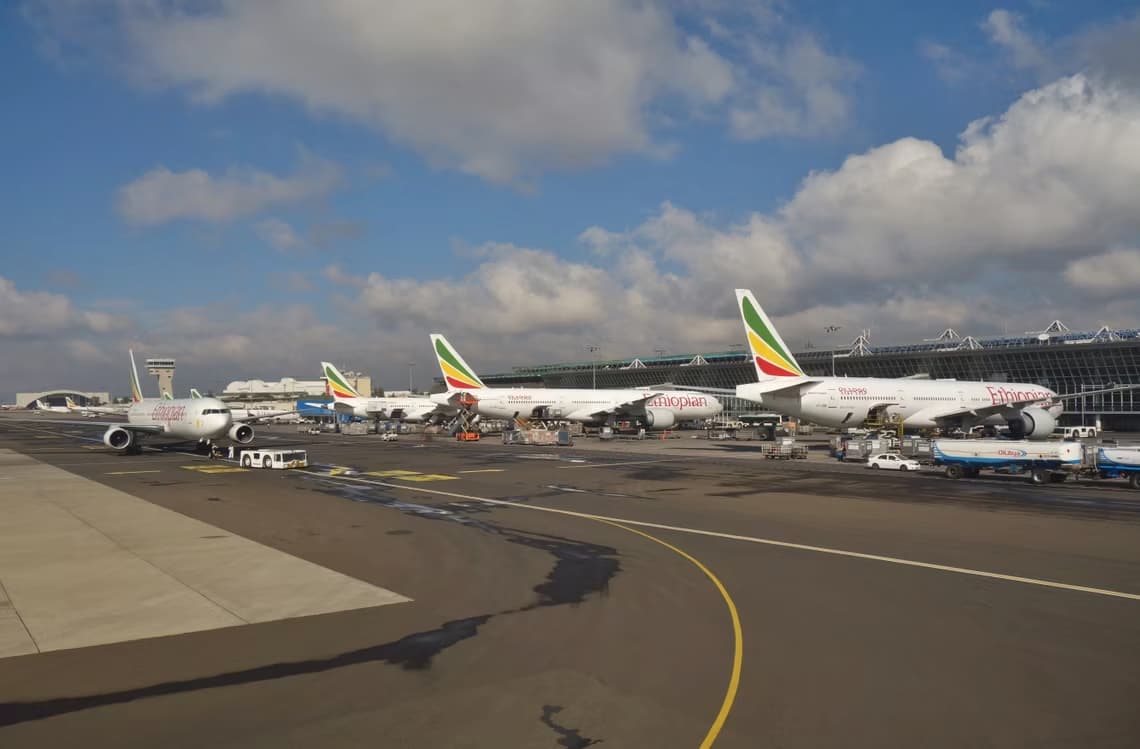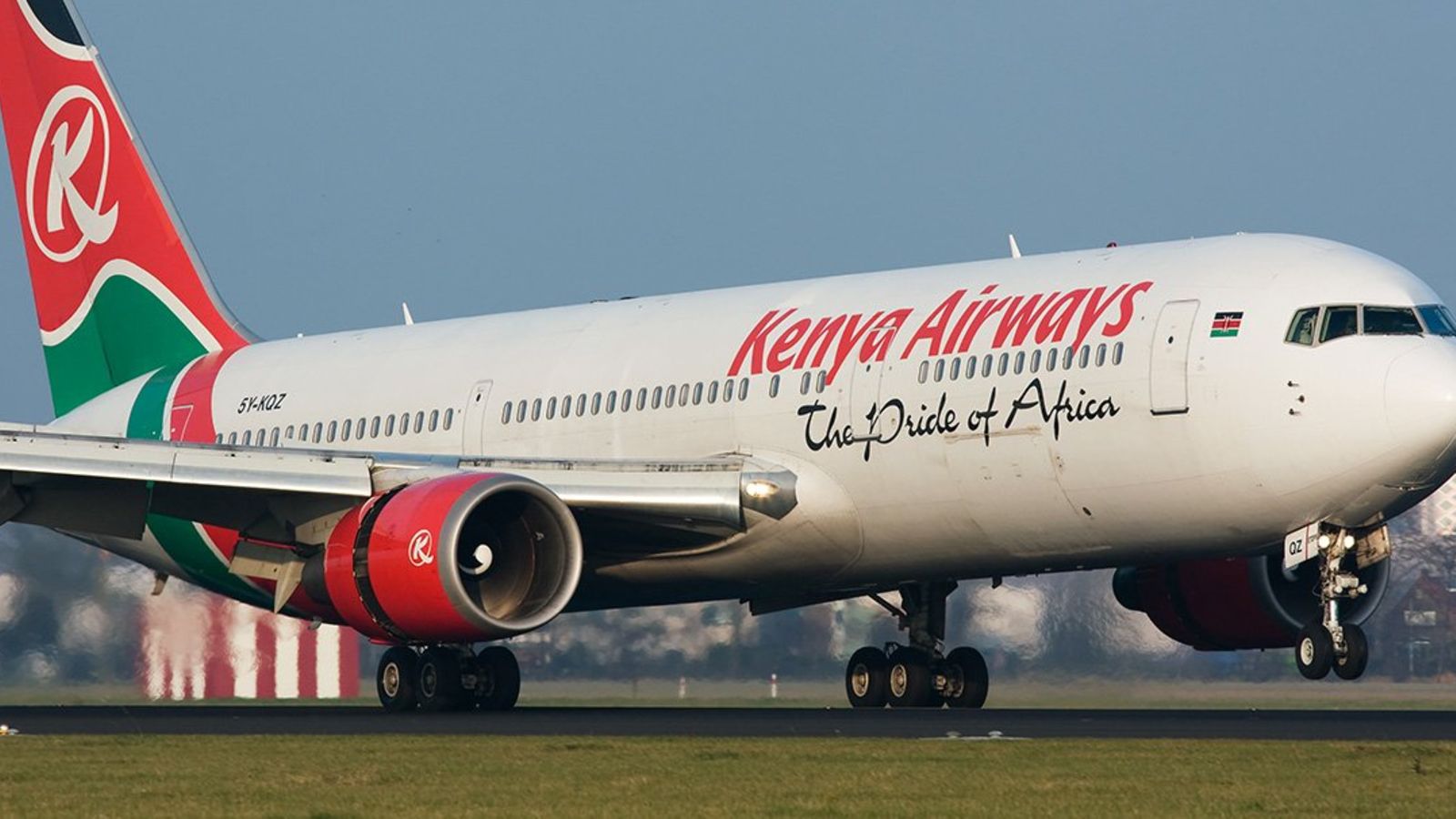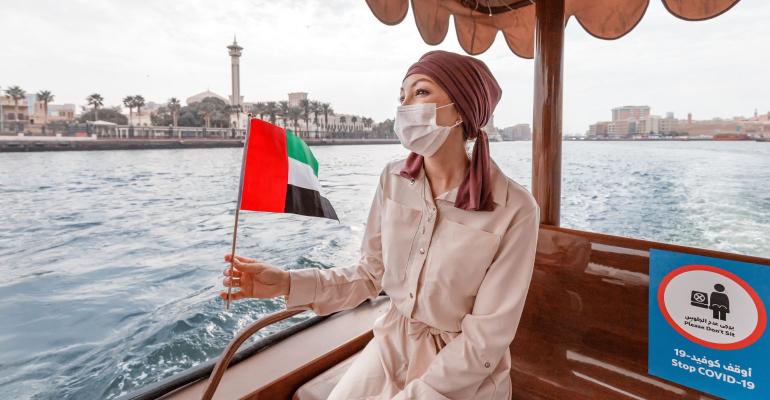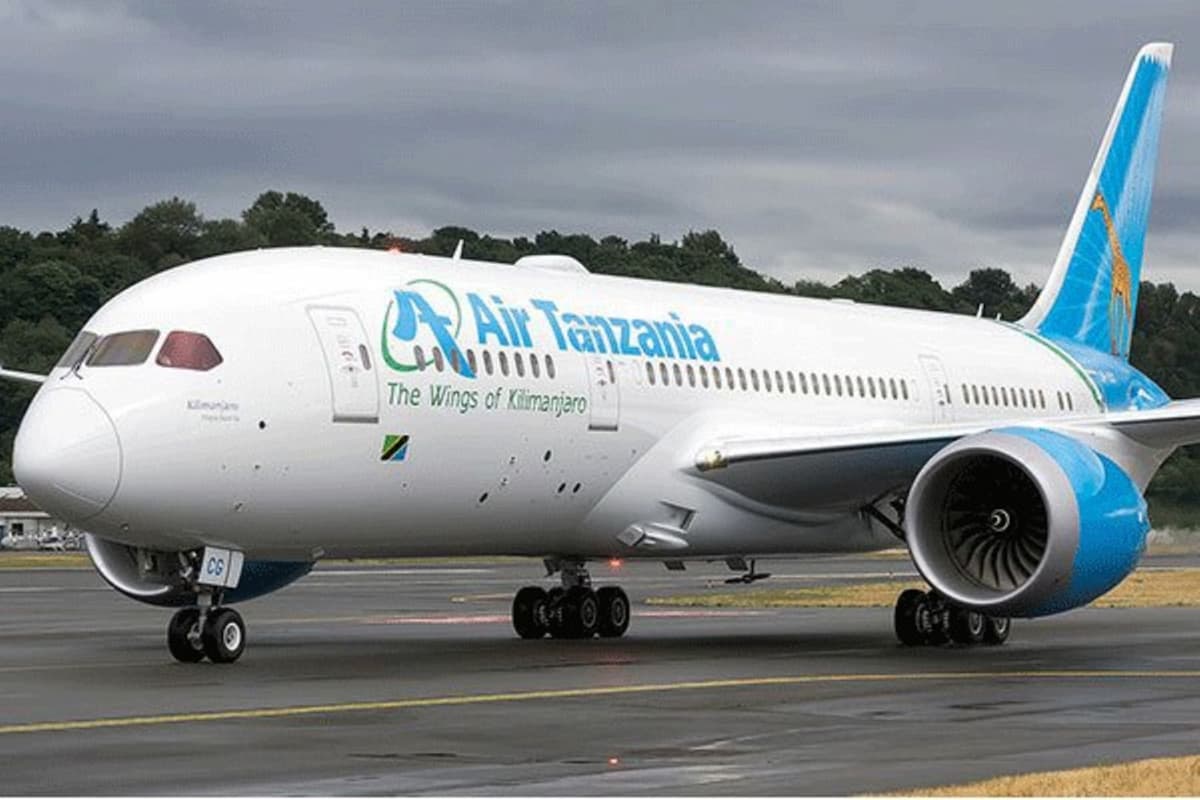IATA’s data shows that global air travel has recovered by 85%, while Africa has recovered by about 97%
The International Air Transport Association (IATA) has revealed that the African aviation industry has recovered to 93% of the level seen before the COVID-19 pandemic. Therefore, it is right to focus on the development of the African market.
IATA says that the industry at large is making significant progress and recovering from the effects of the pandemic. After a difficult period (2020-2022), a return to profitability is expected for the global airline industry in 2023. Airlines may start to post small net profits this year, and passenger numbers may return to pre-pandemic levels.
Post-pandemic recovery by region
The situation in Africa is a lot better than the industry overall. However, a lot of the activity is on the international market. Domestic travel is 20%, while international air travel contributes 80%. Cargo demands in Africa significantly exceeded figures in 2020. Passenger figures in most regions have also surpassed pre-pandemic levels.
The positive recovery is not the same across the entire continent. Some regions in Africa are recovering much faster than others. Some regions started to bounce back in 2022, while some are expected to make gains this year, and the rest will be expected to recover over the next two years. The chart below shows the distribution.
The market in full is expected to recover in 2024. We can see that Southern Africa is significantly lagging compared to other regions. Recovery in Central/Western Africa is expected to exceed 2019 figures this year. Air travel in Eastern and Northern Africa might fully return this year and exceed 2019 levels by 2024.
Connectivity around the world
Worldwide, domestic travel has recovered significantly compared to international travel. Indeed, travel restrictions eased domestically far before internationally, allowing traffic to kick off earlier. The other reason is the slow reopening of Asia, but IATA was pleased to say that China has reopened since January.
The entire industry is expected to return to profitability this year. Domestic travel in many countries effectively returns to where we were in 2019, while cargo figures exceed pre-pandemic levels. The pandemic did not significantly affect cargo operations, as airlines transported relief and essential goods worldwide, even increasing freight capacity.
Overall the industry is at 85% recovery, and passengers should expect more connectivity in the following months. As of 2019, North America, Europe, and the Middle East contributed the most to air travel when weighed against population density. The chart below shows pre-pandemic travel for different continents.
We can see that connectivity in Africa is very low. Although it contributes to 18% of the world’s population, the continent contributes 2.1% of global air travel. This is because air connectivity in Africa is minimal. IATA Regional Vice President for Africa and the Middle East said;
“Another challenge facing aviation in Africa that is familiar to everybody here is a lack of connectivity. Travel in Africa is a challenge. Distances that shouldn’t take a few hours can take days simply because the connectivity does not exist. For example, the route between Kigali and Luanda, which currently takes anywhere between nine and 20 hours, would take three hours on a direct flight.”
Africa also faces the challenge of the high cost of operations. The cost of jet fuel is significantly higher than in other markets. The inefficiency of connecting flights also leads to high operating costs. These issues must be addressed before the continent sees a sustainable aviation industry.
Source: Simple Flying










